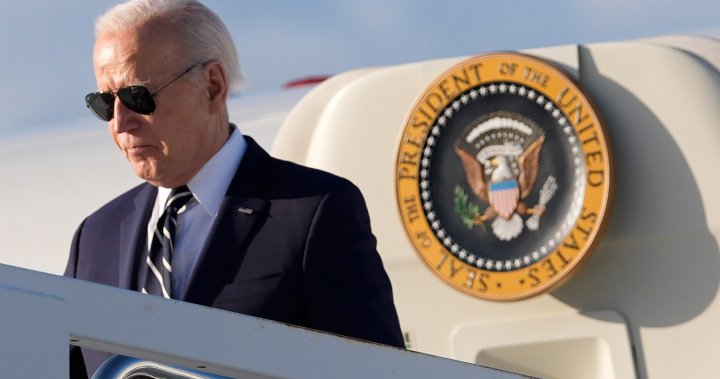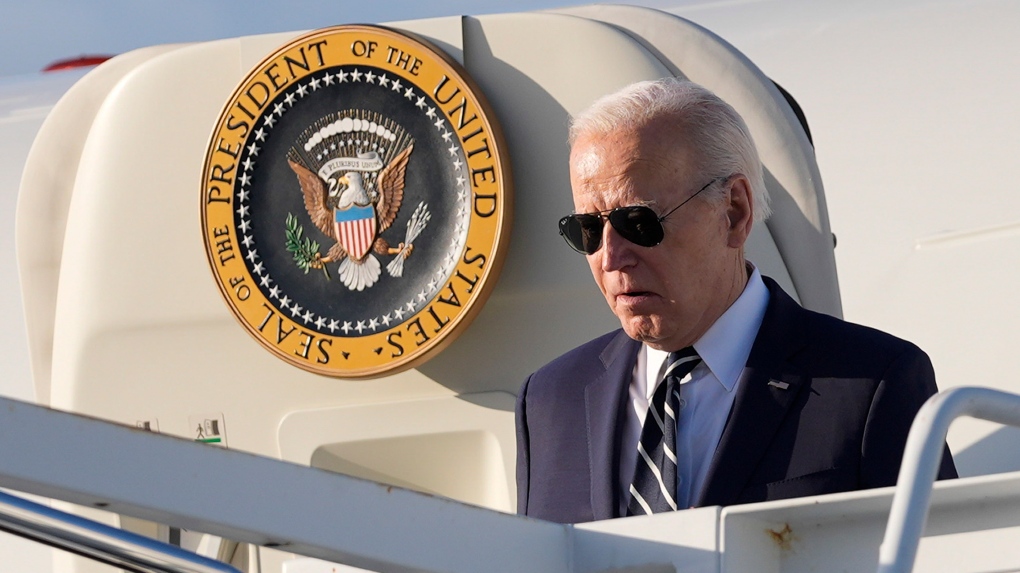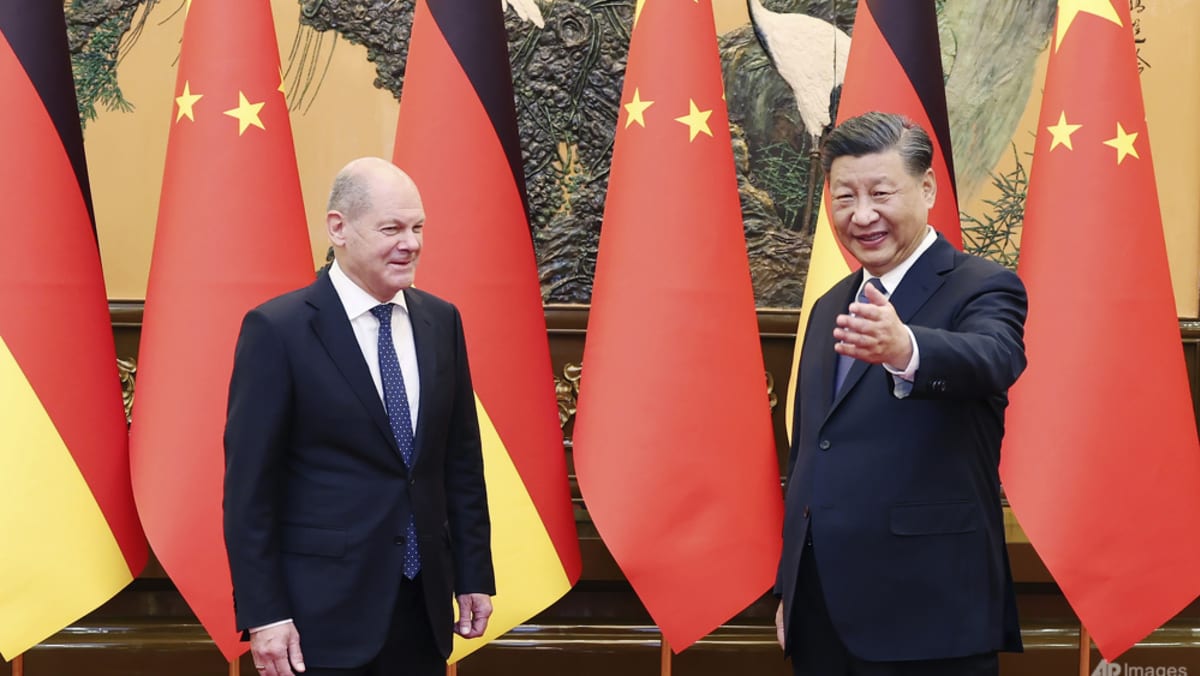The criminal trial of 31-year-old WNBA champion and Olympic gold medalist Brittney Griner, who has been detained for more than four months, began in Russia on July 1. She faces up to 10 years in prison for the alleged transportation and smuggling of cannabis products. Experts say that she is unlikely to receive a fair trial, and that Russian authorities are using her as a diplomatic bargaining chip amid the ongoing invasion of Ukraine.
Here’s what you need to know.
Griner was arrested and detained in February
On Feb. 17, Griner, who plays for the Phoenix Mercury, was taken into custody at Sheremetyevo International Airport near Moscow after her arrival to play in the off-season with UMMC Ekaterinburg, a Russian women’s basketball team where Griner has been a star for the past seven years. Airport authorities allegedly found four vape cartridges containing hash oil, a concentrated form of cannabis that is illegal in Russia, in Griner’s luggage. Russian Federal Customs Service said an airport security dog prompted customs officials to search her possessions. Griner was charged with violating Article 229.1 of the Criminal Code of Russia, a law criminalizing illegal drug trafficking and smuggling.
Griner’s detention occurred one week before Russia’s invasion of Ukraine, and it wasn’t until March 5 that news outlets began reporting about the detention of an unnamed American basketball player.
Footage from the airport released by Russian customs officials shortly after, which shows officials conducting a customs search, revealed that Griner was the detained player, a source in law enforcement told TASS, the Russian news agency, later that day.
On March 17, TASS reported that Griner’s detainment would be extended for more than two months, until May 19, after a court petition to investigate the charges had been approved. That day, a State Department representative said that American consular representatives had still not been able to meet with Griner.
However, on March 23, U.S. officials confirmed that an American embassy representative had been granted access to meet with Griner. During a press conference, spokesman Ned Price said Griner was “doing as well as can be expected under these very difficult circumstances.”
On April 11 WNBA Commissioner Cathy Englebert said that the league was working with Griner’s legal team, her agent, and the U.S. government to get Griner home as quickly as possible.
“This is an unimaginable situation for BG to be in. She continues to have our full support,” Englebert said, referencing Griner by her initials. “We know she’s safe, but we want to get her home so it’s a really complex situation.”
About three weeks later on May 3, the WNBA released a statement that Griner’s initials and jersey number would be featured on each court this season and that the league granted both roster and salary cap relief for Phoenix Mercury to hire a temporary replacement player to fill Griner’s spot.
On the same day, the State Department said in a statement that Griner had been “wrongfully detained” by the Russian government, adding that “the welfare and safety of U.S. citizens abroad is among the highest priorities of the U.S government.” The agency said that a new team within the agency would begin overseeing her case. On May 13, Griner was denied a request for house arrest and her detention was extended by another 30 days. The U.S. Embassy said that throughout the month, their requests to see Griner were repeatedly denied.
On June 14, Griner’s pretrial detention was extended once more until July 2. Then, at Griner’s June 27 closed-door preliminary hearing, the court set a trial start date for July 1 and extended her detention until Dec. 20 to accommodate the length of the trial.
Public outcry over Griner’s detention
Advocacy groups, Griner’s teammates and basketball fans alike have spent the last several months writing petitions, organizing protests and pleading with legislators to negotiate with Russian officials for Griner’s safe return home. Protests ensued in Phoenix, where Griner’s WNBA team is based. Members of the WNBA team met with the State Department in early June to discuss what could be done about Griner’s case.
“There is a lot involved in getting her back home and safe, they’re working relentlessly,” Mercury star Diana Taurasi said in a statement after the meeting. “We’re here to do whatever we can to amplify and keep BG at the forefront, which is more important than any basketball game and anything else that’s going on in our lives. We want BG to come home as soon as possible, it’s number one on our list.”
Tim Bradley, a former FBI agent, told TIME in March that people of color and LGBTQ+ people face a different level of risk in Russia. “The Russian government has a very closed view towards the LGBTQ community. That could have made her a more obvious target for them,” Bradley said.
On May 17, Griner’s agent, Lindsay Kagawa Colas, expressed on Twitter that Griner’s detention is a human rights violation and that she was being used by Russia for diplomatic leverage.
“International law requires that Russia provide consular access to #BrittneyGriner and that access has now been denied three times. This proves Brittney is being used as a political bargaining chip,” Colas wrote.
Griner’s wife, Cherelle Griner, has also said Griner is a “political pawn.” Cherelle has made public requests for President Biden to intervene in Griner’s release, and she’s shared scorn over the American government’s handling of the case. As of Friday, a petition to free Griner on change.org had nearly 290,000 signatures.
How Russia is responding
On March 5, the U.S. State Department issued a “do not travel” advisory for Russia in light of the invasion of Ukraine, warning that Americans faced potential harassment from Russian security officials and that the U.S. Embassy in Moscow could only offer limited assistance to Americans there.
Despite public outcry over Griner’s case, relatively few political figures have weighed in. According to government and legal analysts and experts interviewed by The New York Times, limiting statements and attention on the case could be helpful for Griner’s freedom because of the widely-held belief that Russian President Vladimir Putin is staunchly against caving to Western demands, especially since global outrage ensued over the invasion of Ukraine.
Political commentators have largely said that ongoing geopolitical tension between Russia and the West—including sanctions and military support for Ukraine—have weakened Griner’s possibility of release.
Bradley also told TIME that Griner’s arrest was “right out of the Russian playbook.” “I have to believe that she was targeted, based on the pending invasion of Ukraine. The Russian government has a long history of wrongfully detaining U.S. citizens,” he said. “It just doesn’t pass the smell test… It’s not shocking that the Russian government would do this.”
Russian news outlets and political pundits have circulated the idea of a prisoner swap as a possible solution for Griner’s release, after a successful swap earlier this year that brought a detained former U.S. Marine home from Russia. Russian news outlets have brought up Viktor Bout, an international arms dealer imprisoned in the United States, as a strong potential match to exchange for Griner. However, criticism has emerged over the stark differences in the two prisoners’ alleged crimes. Security experts are also worried that such a swap could encourage future hostage-taking.
The trial
Griner’s trial began July 1, but there’s no information about what type of evidence Russian prosecutors will bring against Griner.
Legal analysts told The New York Times that a conviction is very likely because “there’s no real idea or expectation that the defendant could be innocent” when they go to trial in Russia, all of the evidence used in a case comes from the prosecution, and there is no right to trial by jury. Cases that make it to trial are also far more likely to end in convictions. Kimberly St. Julian-Varnon, a Ph.D. student in the history department at the University of Pennsylvania, told The Times that there is a chance that Griner might win her freedom, after all, perhaps through a prisoner exchange, a lesser conviction, a fine or some other twist in her lengthy pursuit of justice.
As Griner’s trial began, U.S. Charge d’Affaires in Moscow Elizabeth Rood said that Griner told her she was “keeping the faith.”
More Must-Read Stories From TIME














